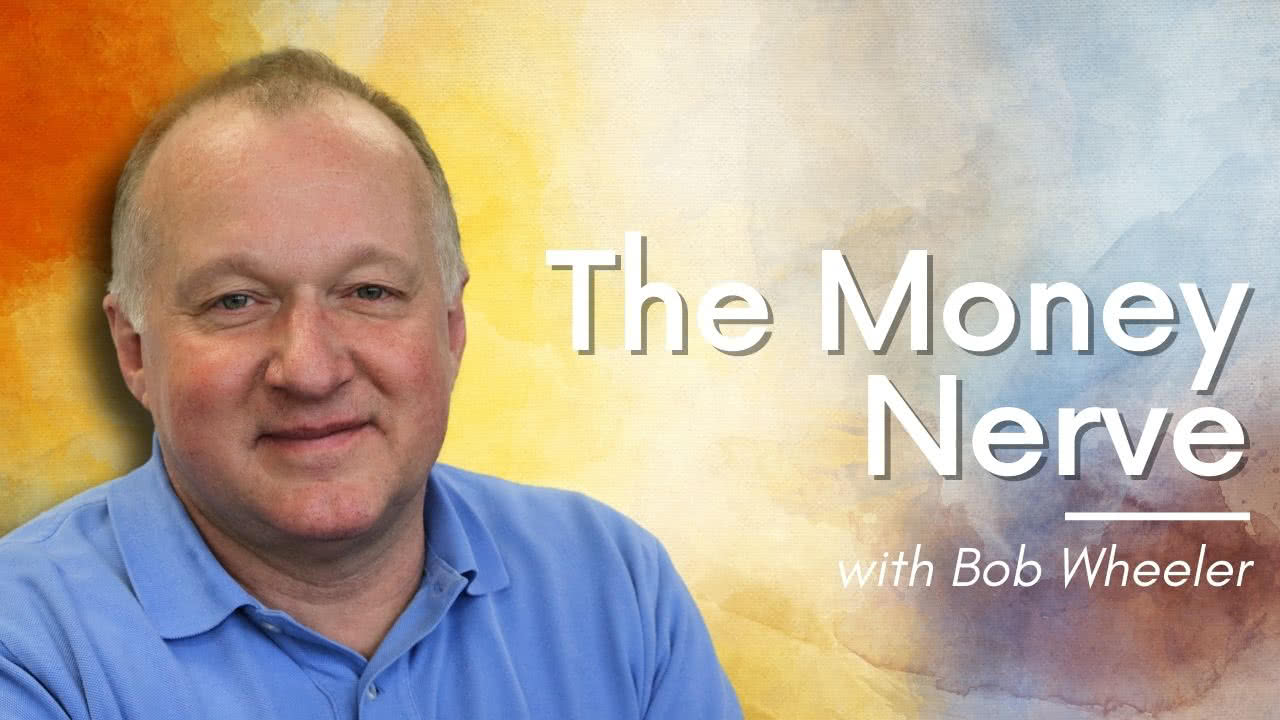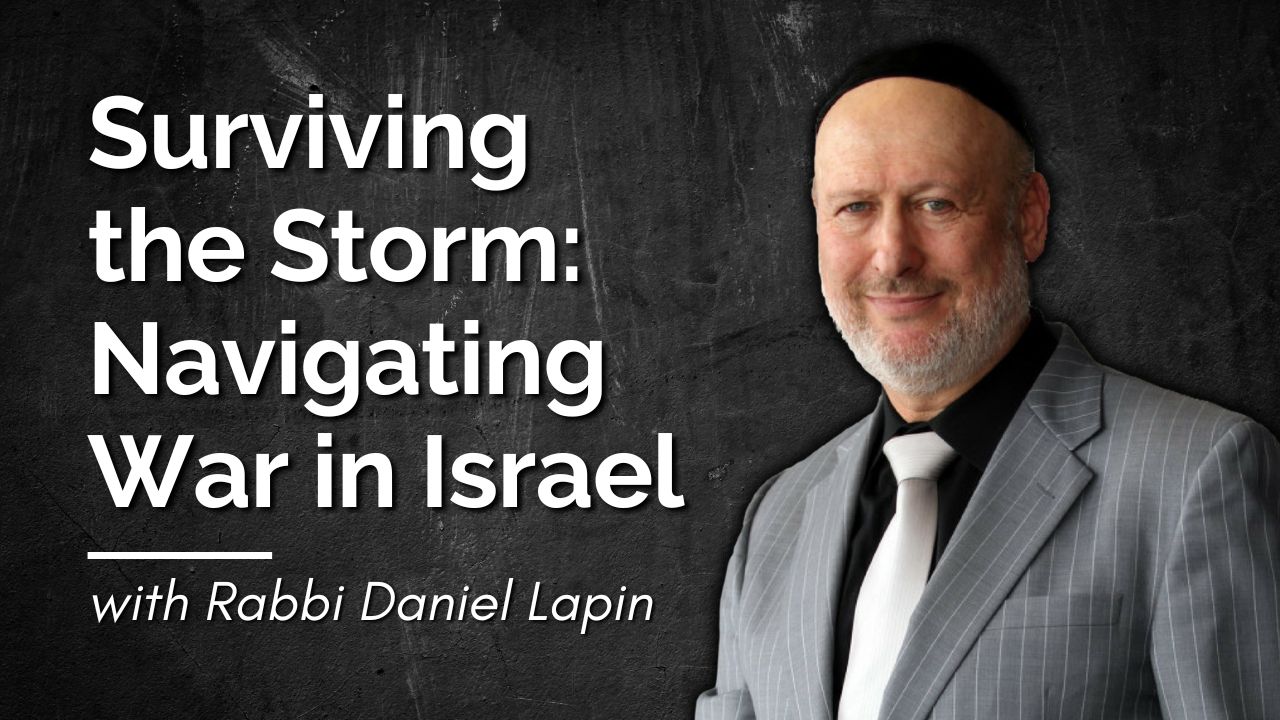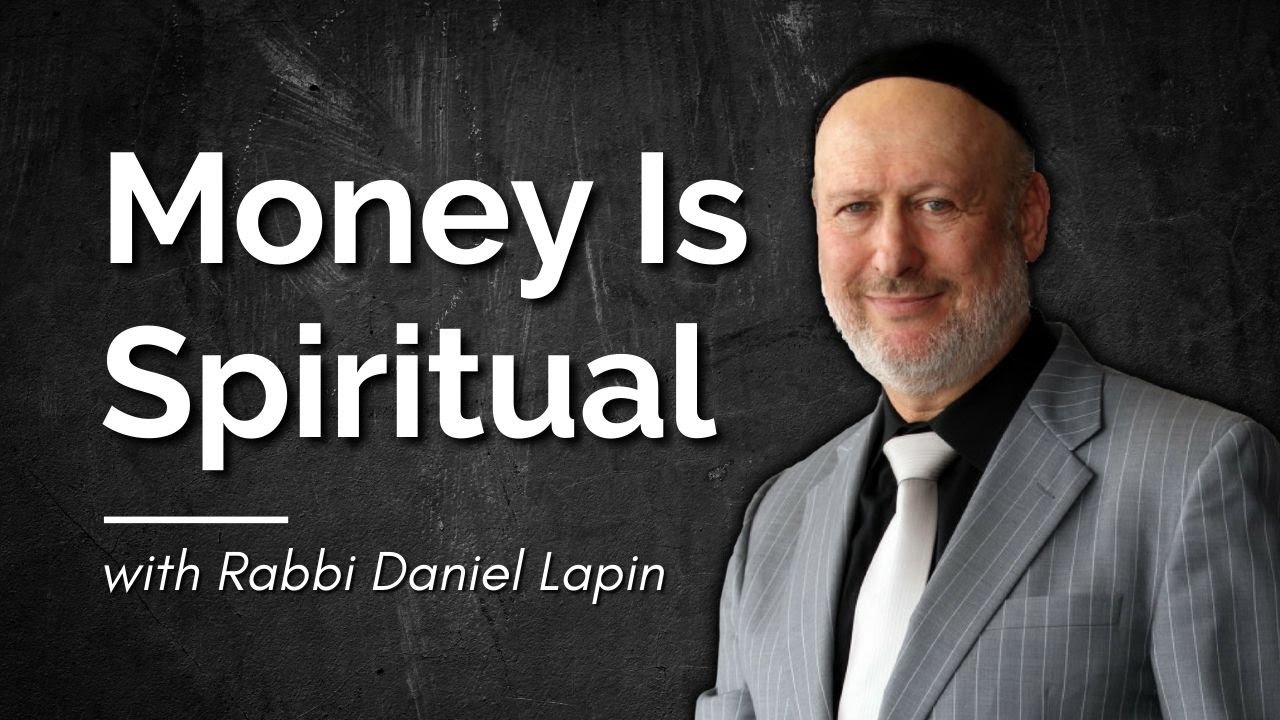
Bob Wheeler, the Money Nerve
How do you create a healthy relationship with money that serves you? Today, we’re talking with Bob Wheeler, author of The Money Nerve, about how to create radical abundance.
Bruce and I recently had the pleasure of joining Bob on his podcast, Money You Should Ask, and we just knew we had to share him with you. After all, how many CPAs do you know with a great sense of humor? We hope you’ll enjoy our delightful and humorous conversation with Bob about the feelings we have about money.
So if you want to feel good about your money… tune in now!
Podcast: Play in new window | Download (Duration: 49:16 — 56.4MB)
Subscribe: Apple Podcasts | Spotify | Android | Pandora | RSS | More
Table of contents
The “Money Nerve” Behind the Money
When Bob initially became a CPA, what he found was that people continuously made money decisions that weren’t in their best interest. They would receive advice, then do the opposite. Bob himself wasn’t doing well financially and he was making seemingly simple mistakes. So he decided to do the internal work and look at his emotional motivations, so he could learn why he was seemingly “self-sabotaging.”
[4:35] “It all started to become really clear to me that we’re all working on these unconscious, emotional money beliefs and money blocks that we’ve been carrying since we were probably five, six years old. And we have to unpack that, for many of us, to go forward.”
This research has helped Bob unlearn his own emotional blocks, as well as improve his client’s views of money, and break down the stigma and money shame so prevalent in our world today. And it led to his book, The Money Nerve.
An “External” View of Money
Beyond shame and guilt, the way we view other people’s money needs a huge overhaul. How many times have we judged someone by their home, or their car, and placed a certain value upon that? Not only do we believe that people with more must be happier, and label things as a solution to our problems. We also believe that at a certain income level, problems will cease.
Yet this doesn’t really address the root of the problem—and that is, once again, the way we as a society feel about money. A certain income level does not define wealth, although it is easy to believe—true wealth involves what you can do with what you have.
[6:23] “Social media, and our culture, really cultivates this [idea] that you have to be successful and you are your assets, you are your accomplishments…I think what happens is, we don’t stop and take a look and say—Wait a minute. That person with that jet and that fancy mansion also has incredible debt or something. Or they inherited it, and they feel incredibly shameful, and guilty, that they’ve taken on all these assets that they don’t deserve.”
Social media is an arena we use to show the best of ourselves. Most people don’t share their credit card debt or how close to bankruptcy they are on Facebook. So we can’t judge by what we see on social media. Even the person with the best life you know has carefully cultivated their online presence.
(There is No Finish Line)
[9:25] “Everybody’s trying to get to the finish line. The thing is, I don’t want to get to the finish line—that’s my last breath. I want to have as much fun on the way to the finish line. For me, that’s where life exists, is on the way to the finish line. I think with athletes and these folks that can be in the moment, they’re conscious of that. I think most of us are unconsciously thinking—I gotta get there, I gotta do this, I gotta hit my mark—and so we’re unconsciously trying to get there instead of realizing… we’re here.”
Abundance is About Perspective
Abundance thinking is a bit of a misnomer, because so often people attach a number to abundance, and attempt to quantify it. What’s truly great about abundance thinking is that there is no magic number. Instead, it’s the ability to make what you have work for you better. And it all starts with being in control of your money (as opposed to someone else being in control).
You don’t have to have $10 million to reach abundance. You could have significantly less and still live abundantly because it’s about perspective. How much control do you have over your own money? How much freedom do you have in your schedule? Do you live life on your own terms? Do you believe money in infinite? These are all notions that have no price tag, and from our perspective, this is abundance!
Bob uses an example from his time in Africa to explain abundance, citing how the people he met saw opportunities in everything, and were immensely grateful. However, the attitude in America is often, “I don’t have enough.” True abundance, to Bob, is considering how abundant you are in your relationships, your time, your travel, your ideas, your opportunities, etc. Abundance is about what you have, and what you could yet have if you make it happen.
And you have to be willing to do the work. Abundance isn’t “willing” a Mercedes to show up in your driveway. It’s being actively grateful for everything you have, sincerely, and committing to replacing the emotional narrative of lack.
What is a Money Nerve?
When a big money event happens, you feel a sense of excitement or euphoria. Finding five dollars in your pocket, getting a raise, or landing a new client are all causes for money euphoria. On the other hand, if your card gets declined, or your bank account overdrafts, you often get a visceral reaction. Your face gets red, or you cringe, or you may even develop an ulcer. It’s all a bodily reaction when something negative happens with your money.
In some scenarios, the money and the logic are not fully aligned. You may know that the money leaving your bank account is for a home, but seeing the statement still makes your heart skip a beat. And so the “money nerve” was coined to represent that visceral reaction…so that people can begin to pick apart those money emotions. Because we all have them—and we can’t ignore them or they’ll only fester.
A trick that Bob uses when he hears people express concerns and fears about money, is to ask, “Is that a belief, or is that true?” And it raises a good point, because many of the fears we have surrounding money aren’t rooted in truth… they’re just fears.
Overcoming the Money Nerve
One of the first steps of Bob’s process, when helping clients work through their money nerve, is to take an inventory of their financial beliefs. He looks at lessons your parents teach you, religious background, culture, and what your parents said (or didn’t say) about money. There are dozens of details and clues in your upbringing that can help you dismantle your money fears.
The next step is to be conscious of statements you make today, like “I can’t afford this” or “I’m not capable.” The power is in learning to reframe these ideas into something less rooted in belief and more rooted in truth.
After that, Bob helps people to do what he calls “honest budgeting.” Which really means coming to terms with the things you want and spend money on, and including them in the budget. (Rather than depriving yourself or buying them anyway in a way that doesn’t align with your budget.) Own your purchases without judgement–only then can you do better and create and work towards goals.
[40:43] “A lot of people think it happens in these big moments. They don’t. Most of these things happen in incremental little baby steps. And all of a sudden, before you know it, you’re there.”
About Bob Wheeler
As a man of true integrity with infectious energy, Bob Wheeler offers a simple and effective method for creating a healthy relationship with money. A popular radio show and podcast guest, Bob also hosts a weekly podcast, Money You Should Ask, where he shares his concept of personal finance and invites guests to share their personal financial journey.
Bob conducts numerous Radical Abundance and Money at its CORE seminars internationally and across the U.S.A. Bob is a ‘CORE Energetics’ and Radical Aliveness Practitioner. His crusade for holistic personal growth has cross-pollinated with his accounting practice to deliver a new approach to personal finance.
Bob explores the emotions surrounding money management in his book, The Money Nerve: Navigating the Emotions of Money. His passion is to help others gain insight into why their emotions trigger financial decisions.
While building his accounting practice, Bob Wheeler simultaneously pursued his love of satire and ventured into the realm of standup comedy. Blending his wittiness with 25 years of helping clients, Bob’s approach to money integrates warmth and humor. He shares his budgeting directives with a liberal dose of inspiration and motivation to anyone with monetary concerns.
In addition to his CPA practice, Bob is also the CFO for The World Famous Comedy Store in West Hollywood and La Jolla, California.
Book A Strategy Call
Do you want to coordinate your finances so that everything works together to improve your life today, accelerate time and money freedom, and leave the greatest legacy? We can help!
Book an Introductory Call with our team today https://themoneyadvantage.com/calendar/, and find out how Privatized Banking, alternative investments, or cash flow strategies can help you accomplish your goals better and faster.
That being said, if you want to find out more about how Privatized Banking gives you the most safety, liquidity, and growth … plus boosts your investment returns, and guarantees a legacy, go to https://privatizedbankingsecrets.com/freeguide to learn more.
Surviving the Storm: Navigating War in Israel with Rabbi Lapin
When war across the world could mean war close to home or a whole world war … when conflicts thousands of years old can’t be solved overnight … when truth seems defined by who’s in power … when totalitarianism seems stronger than freedom and free markets … when open borders looked like compassion but instead…
Read MoreMoney is Spiritual, with Rabbi Daniel Lapin
Money is often confused, misunderstood, and classified as part of our basic, natural, carnal human nature. But money is spiritual. Understanding, earning, using, managing, and growing money is a part of our lives that is deeply spiritual. Rabbi Lapin knows this, and shares his wisdom about money far and wide. Today, Rabbi Daniel Lapin explains why,…
Read More


